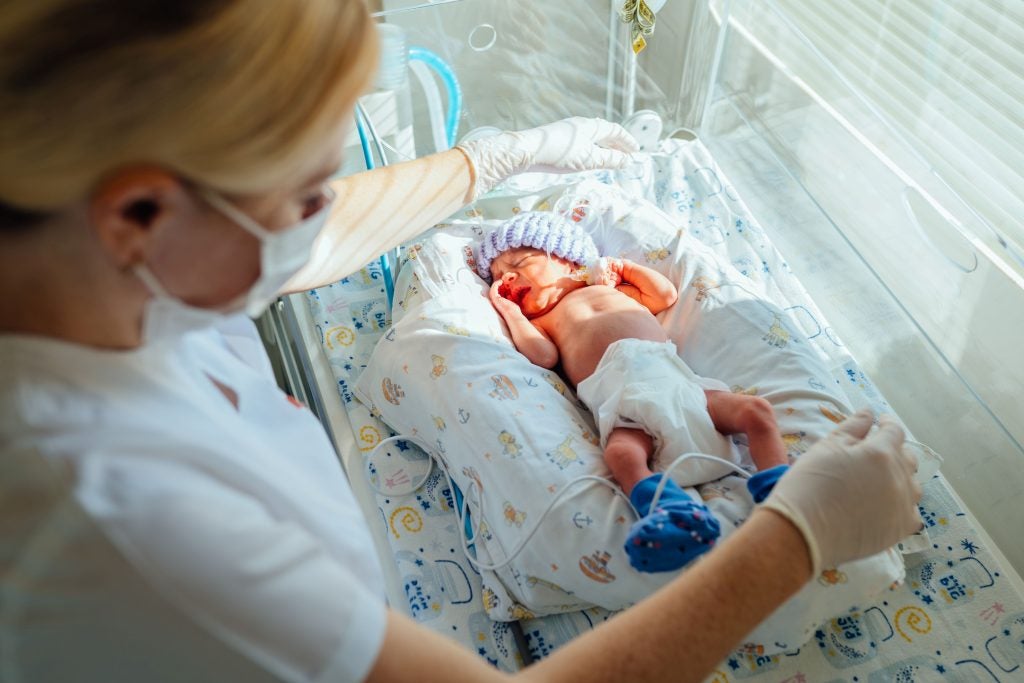
Immunotherapy company Altimmune has announced updates on two of its ongoing studies examining its intranasal influenza vaccine, NasoVAX, and its immunotherapy treatment for hepatitis B, HepTCell.
NasoVAX is a novel influenza vaccine which uses an adenoviral vector delivery vehicle and intranasal administration to deliver the treatment to the respiratory tract, where infection would occur. NasoVAX differs from traditional vaccines in that it is produced using cell culture, as opposed to chicken eggs. Its stimulation of cellular immunity offers a possible treatment route which would allow broader protection.
NasoVAX was investigated in a Phase 2a study with a total of 60 participants, comparing monovalent NasoVAX to intranasal placebo as a treatment for an H1 strain of influenza. The doses administered ranged between 109vp, 1010vp and 1011vp.
A parallel open label study also took place, enrolling 20 subjects who were given Fluzone, a licensed injectable influenza vaccine. Blood samples from both studies were tested, with the lab unaware of treatment assignment.
Results showed a 100% seroprotection for the middle and high dose groups of NasoVAX, while the Fluzone group reported 95% seroprotection. Mean antibody titers against influenza – as measured by haemagglutinin inhibition and microneutralisation assays – increased up to 4.3-fold, indicating that high levels of immunity were induced in this study population, even with prior immunity to the influenza strain. Seroconversion levels and breadth of antibody response were comparable to Fluzone for the highest NasoVAX dose tested.
The highest dose of NasoVAX increased influenza cellular immunity by almost six times the amount induced by Fluzone. All NasoVAX doses demonstrated good tolerability, with no adverse effects reported. Subjects will be monitored for the six months following vaccination in order to discern the durability of antibody response.
How well do you really know your competitors?
Access the most comprehensive Company Profiles on the market, powered by GlobalData. Save hours of research. Gain competitive edge.

Thank you!
Your download email will arrive shortly
Not ready to buy yet? Download a free sample
We are confident about the unique quality of our Company Profiles. However, we want you to make the most beneficial decision for your business, so we offer a free sample that you can download by submitting the below form
By GlobalDataAltimmune has announced plans to present the full data, including information on mucosal antibody and serum antibody levels at other time points, at an unannounced scientific conference later this year.
The company also detailed the inconclusive results of its Phase 1b study examining hepatitis B drug HepTCell. The drug candidate is a synthetic peptide comprised of nine Densigen peptides which encode a high density of CD4+ and CD8+ T cell epitopes selected to broaden the product’s human leukocyte antigen (HLA) class reactivity.
A total of 60 patients with chronic HBV infection were enrolled in the trial, all of whom were on currently licensed antiviral therapy. Participants were randomised into one of three groups: high and low dose HepTcell peptides, with and without adjuvant (IC31), adjuvant alone, and placebo. All subjects received three injections every four weeks and were monitored for four weeks following the third injection.
Results showed that HepTcell was well tolerated; however in the unblinded analysis the treatment did not demonstrate a significant difference to placebo. Subjects will be monitored for a further six months.
“We strongly believe that NasoVAX could become an important alternative vaccine for the prevention of both seasonal flu epidemics and broader flu pandemics,” Altimmune CEO William J. Enright said.
“The Phase 2a data are highly encouraging, especially since antibody responses like this – with 100% seroprotection – are unique and have not been achieved with any other needle-free vaccines, including FluMist. In addition, the excellent tolerability attained, even at the highest dose, has us excited to complete development of the quadrivalent formulation with the intention to initiate a Phase 2 study in early 2019.
“As for our HepTcell study, we are disappointed by the inconclusive results, but are continuing to evaluate the data. Subjects will be followed for the full six months, as per the study protocol. We are evaluating our next steps and will provide an update as we better understand the results.”







